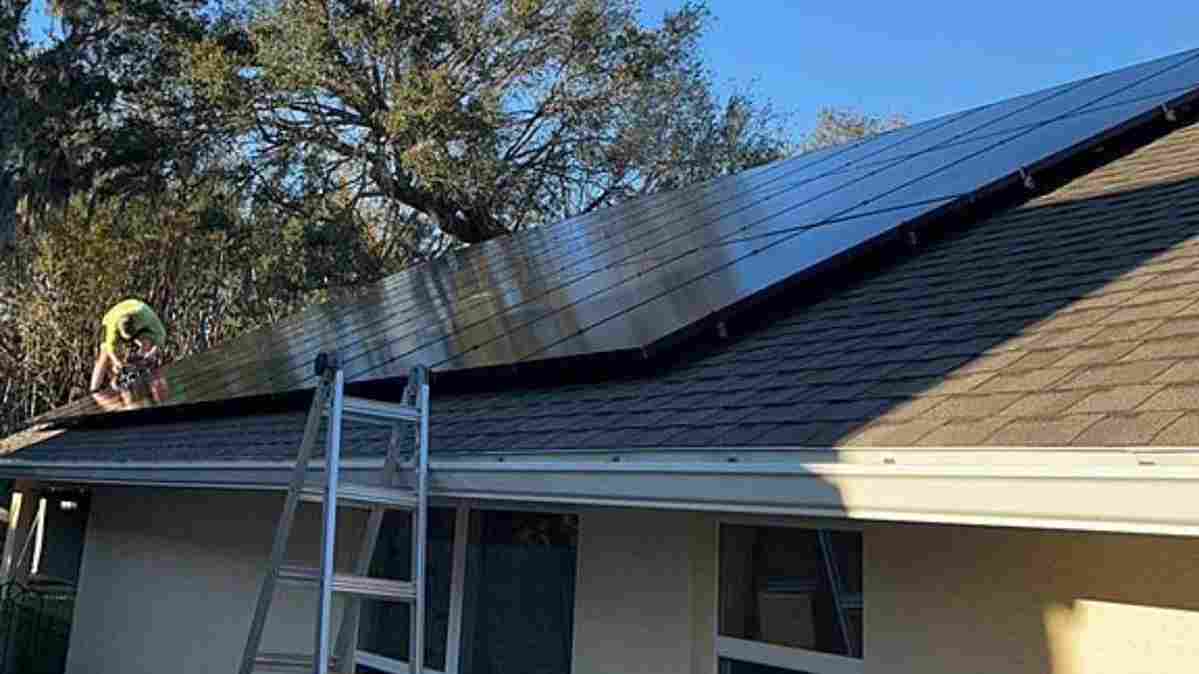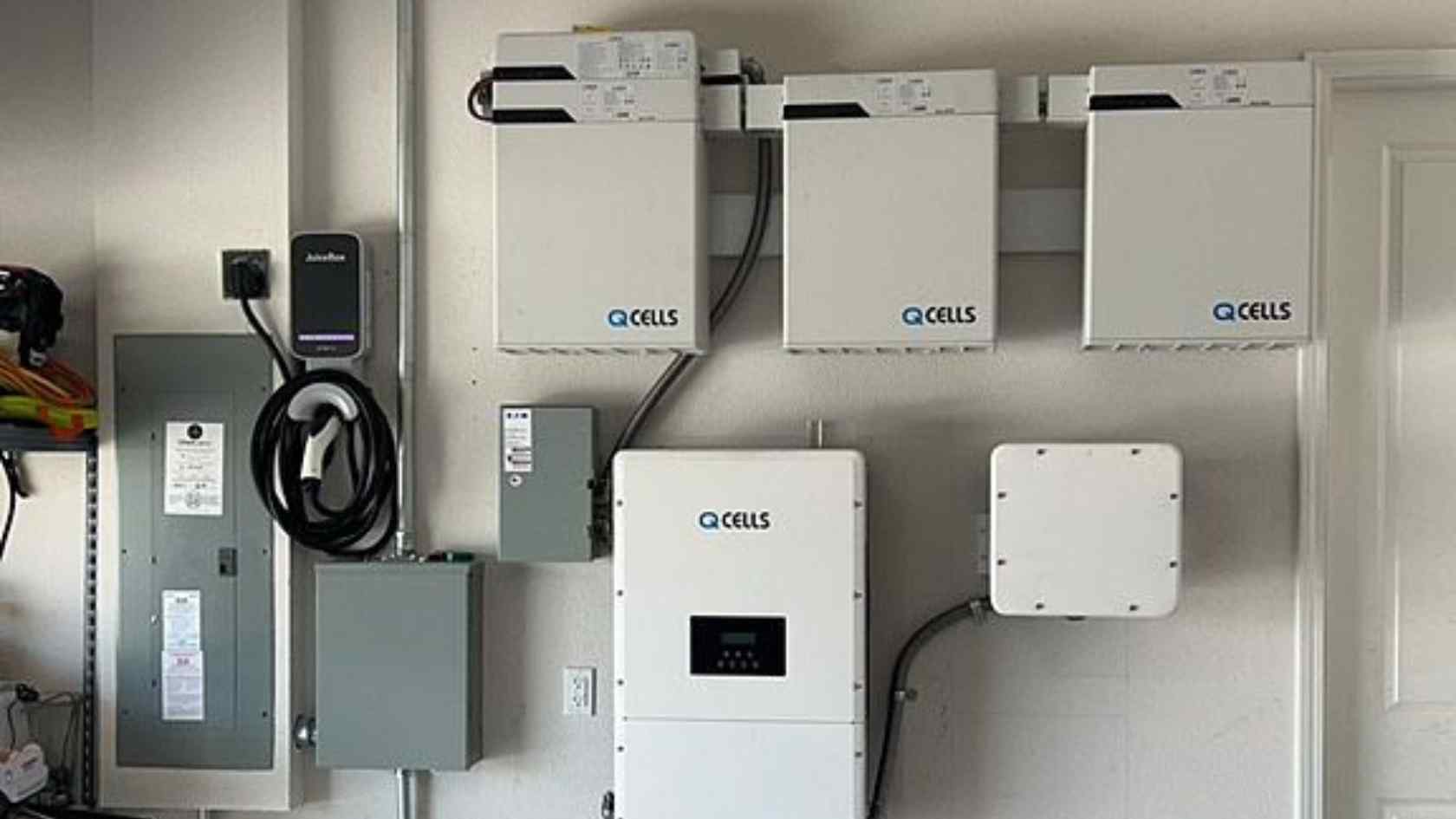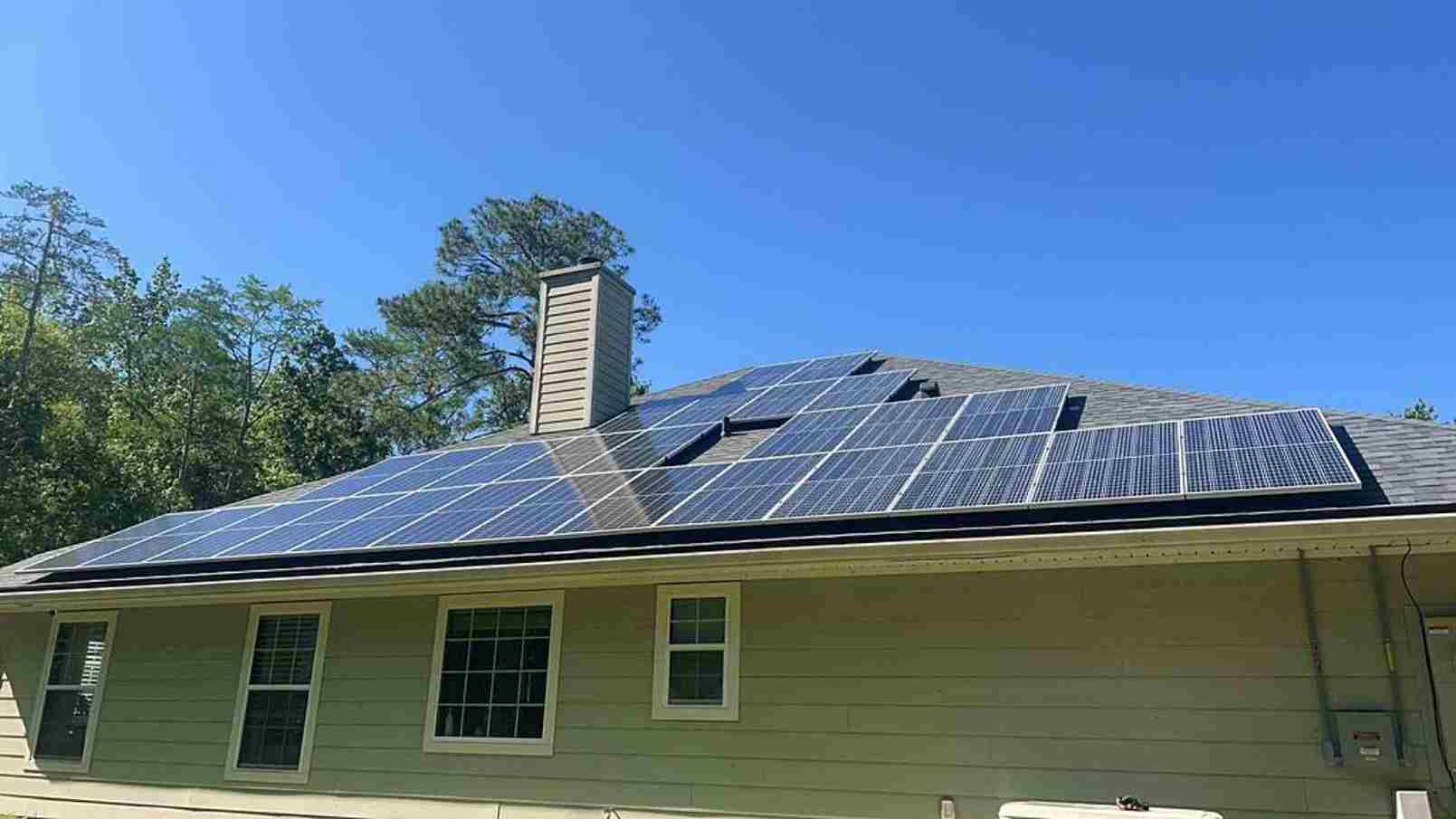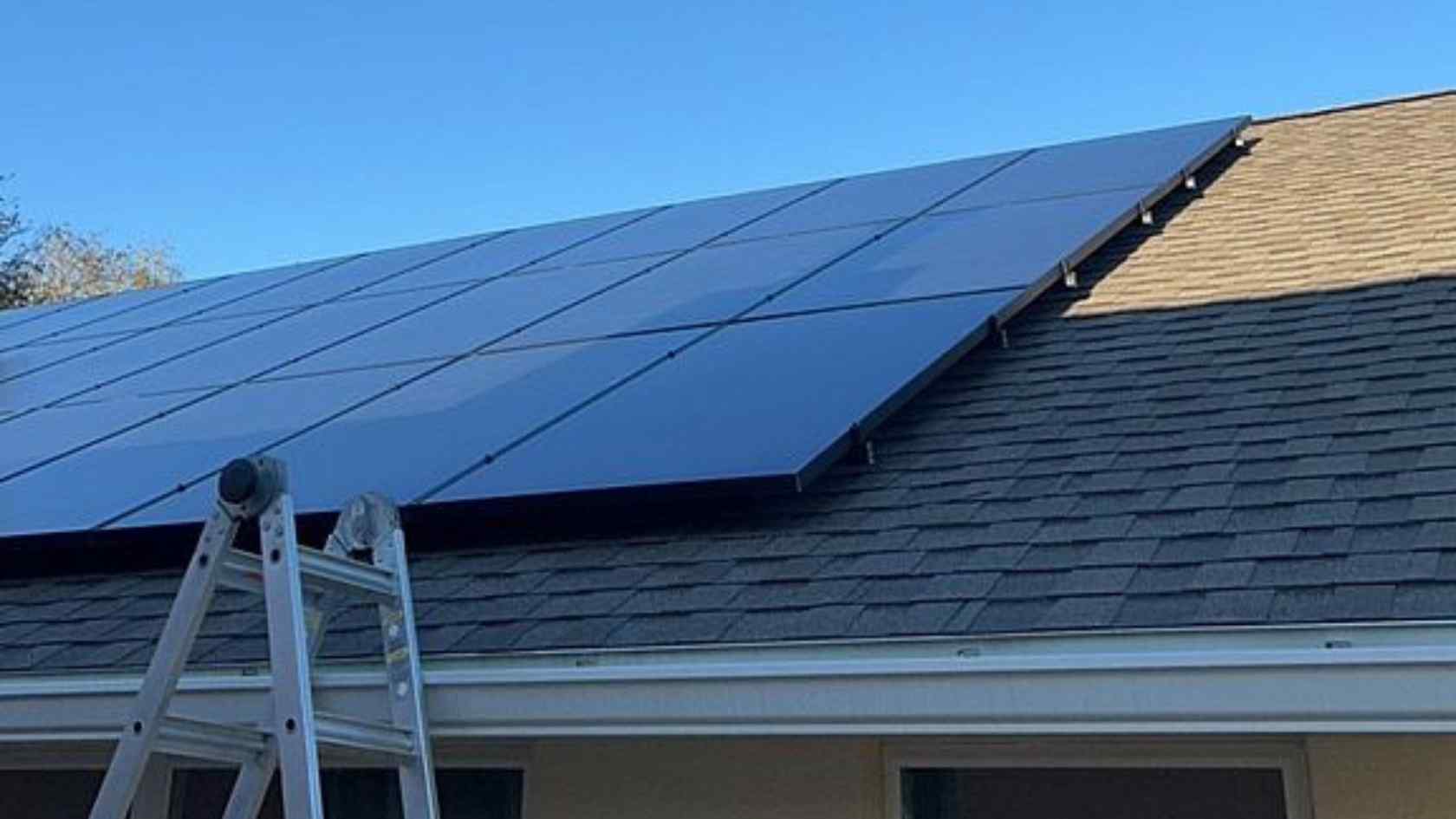Homeowners spend $1,500 on electricity every year or about $125 each month. Switching to solar means you can keep that money and generate free electricity. Getting a solar energy audit is the first step towards monthly savings, but before you make the call, you’ll want to make sure your home is a good fit for solar panels. Read on to learn the solar panel requirements for homes in Florida.
Know Your Average Energy Usage
To determine if your home will meet the requirements for solar panels, first calculate your average energy needs. Your energy company will be able to tell the kWh (kilowatts per hour) your home used over the past 12 months and the average cost of electricity. This information will tell you if solar panels are a good investment and help you determine what size system you need. If your monthly energy bill is over $100, your home is likely a good candidate for solar panels. If your energy bill is less the cost to switch to solar may be more than what you are currently paying.
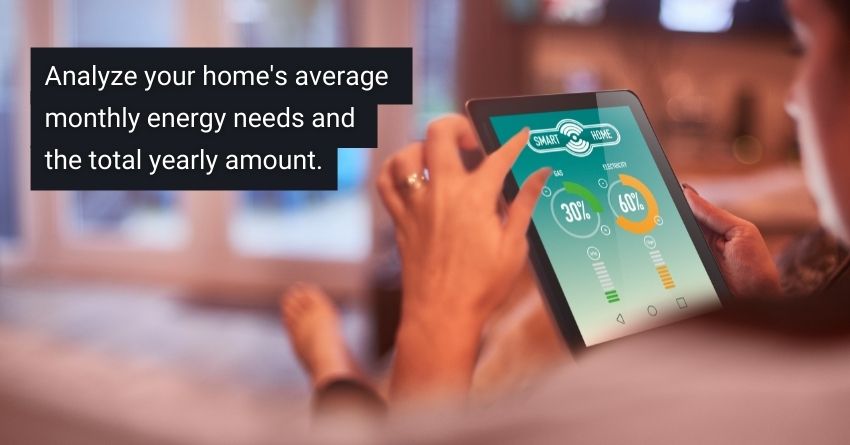
What Direction Should Solar Panels Face In Florida?
One of the biggest solar panel requirements is direct sunlight which means they must be installed on the area of your roof that gets the most amount each day. South-facing slopes get the most amount of sun on average, but the east and west sides of a roof can also be an option. For some homeowners, this could mean solar panels would need to be installed on the front of their homes. While this may not be an issue, you should factor it into your home’s overall curb appeal.
Trees and landscaping can block sunlight, so checking for shaded areas can help determine if solar panels are a good fit for your home.
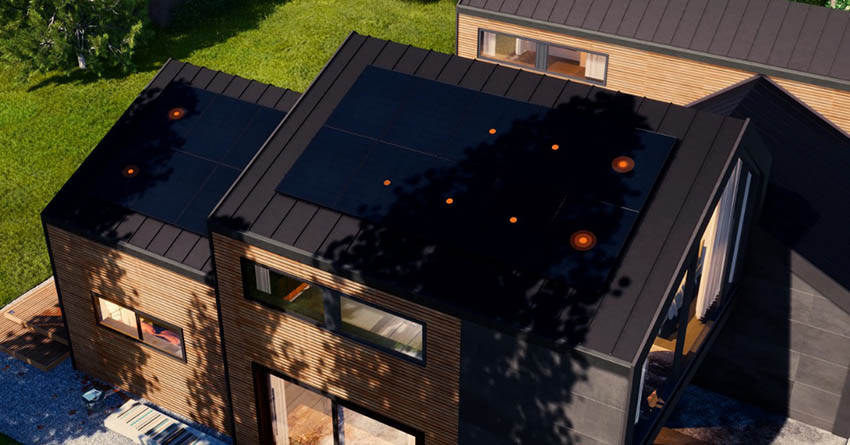
Our free solar evaluations come with a digital analysis of your roof. This data will calculate how many hours of direct sunlight your roof gets and where to place them for maximum energy production.
Is Your Roof In Good Shape?
Solar panels last 25-30 years so you’ll want to make sure your roof is in good shape before you install them. Otherwise, you’ll have to remove the solar panels to have a new roof installed and then have them put back in place. If your roof is nearing the end of its lifespan, it’s a good idea to replace it before you get solar panels.
Additional Solar Panel Requirements For Roof
Several factors can impact solar panel installation and performance, including the type of roof and degree of tilt. A solar energy audit from our expert team will analyze all these factors for you for free.
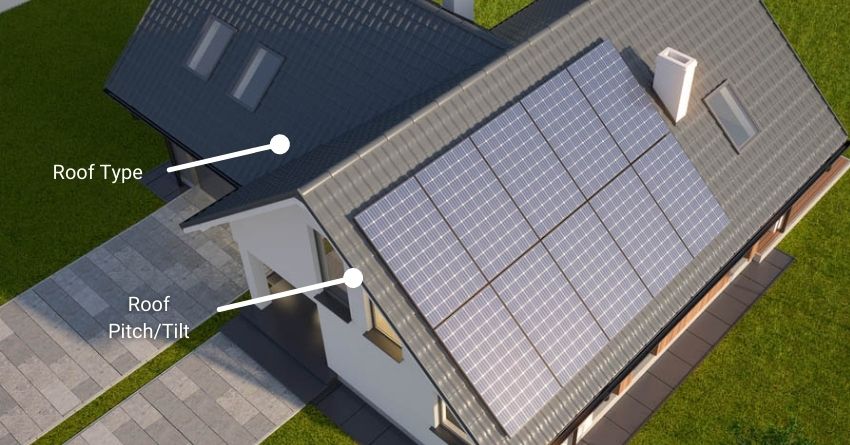
Best Roofs For Solar Panels
Stronger roof materials like metal make an excellent foundation for solar panels. Composite materials like asphalt shingles can also work.
Installing solar panels on clay tile, concrete, or traditional slate roofs can be more challenging. These materials are more brittle and can be easily damaged in the installation process. Repairs can also be more challenging. If you have a specialty roof, you may want to consider talking to a qualified Florida roofer to see if solar is a good fit for your home.
Roof Pitch/Tilt
For solar panels to work properly, they must be tilted or slanted towards the sun. This makes pitched residential roofs a great foundation for solar panels. Solar panels can be installed on a flat roof; however, additional brackets will have to be used to ensure they are tiled the proper amount.
FAQ's On Solar Panel Requirements
Will trees/shade impact my solar performance?
Shade can block a significant amount of the sun’s UV rays which will impact overall performance. Installing solar panels in direct sunlight is the best way to maximize performance and energy efficiency.
Why do I need my historical electricity usage?
Your average electricity use can vary month-to-month, like in summer when home cooling costs are high. How much energy your home uses overall will help determine the total number of solar panels for your home.
Will I notice anything different after I go solar?
Solar power systems require inverters. This piece of equipment transforms the energy created by solar panels into a usable form of electricity for your home. This means you will not notice any difference in how your home or appliances operate once you’ve switched to solar power.
Will solar panels increase the value of my home?
The National Renewable Energy Laboratory cites a study in the Appraisal Journal, which shows that home value increases $20 for every $1 reduction in annual utility bills. This can translate into thousands of dollars for a Florida home with an efficient rooftop solar system.

